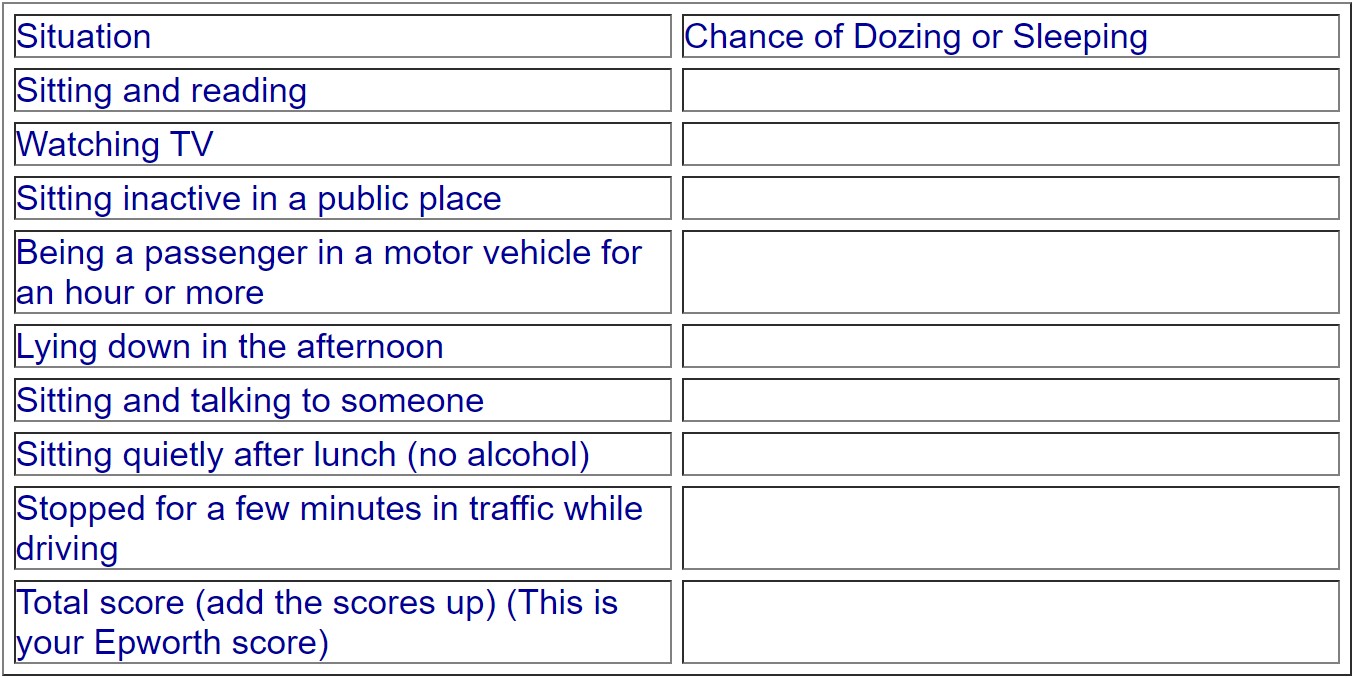A: If the marks resolve quickly after awakening, then it’s not really an issue. If however, the marks progress toward pressure sores, then your mask is too tight. Remember, a tight fit is not necessarily a proper fit. A common error is to pull the headgear straps very tight. Newer masks are made of thinner, softer material which allows the mask to respond to body heat, thereby negating the need for pressure to ensure a leak free fit. Also, if you have persistent issues with masks, a zinc-oxide based adhesive tape on the sensitive areas may help alleviate the problem.
A: In large part this is a personal issue of comfort. You may want to consider a full face mask if you breathe through your mouth while sleeping and/or if you have allergies. If you don’t like the invasiveness of wearing a mask over your face then nasal pillows might be a better alternative
A: For filters, if you are using the white, disposable filters, you should change them whenever you start to see them get fairly dirty. Remember, this is the air you are breathing at night! If you have the foam, reusable filters, then you should rinse them out and let them air dry at least once every other week. We recommend replacing your tubing every month. This is because dirt and bacteria can build up in your tubing and that can cause you to become ill, but some insurances will not cover the replacement supply this often. Water chambers should be replaced at least once every 6 months.
A: If you have Sleep Apnea, you have it no matter what time of day or night you sleep. If you use your CPAP faithfully you may not feel the need to nap anymore.
A: CPAP is an on-going “treatment” for Sleep Apnea and only works if you use it! If you stop using the therapy you will revert back to the way you felt prior to CPAP intervention.
A: CPAP stands for Continuous Positive Airway Pressure. CPAP therapy provides a constant airflow which holds the airway open so that uninterrupted breathing is maintained during sleep. This eliminates or reduces sleep disordered breathing events (sleep apnea) and allows you to get a restful sleep. CPAP therapy is traditionally provided through a nasal mask that seals around the nose. However, more innovative, comfortable and better sealing options are beginning to emerge.
A: Bi-PAP or Bi-Level machine uses two separate pressure settings for your therapy: An inspiratory pressure and an expiratory pressure. When you inhale, the therapy is delivered at the set inspiratory pressure, and then when you exhale, the pressure is delivered at the set expiratory pressure. The inspiratory pressure is always greater than the expiratory pressure. This type of machine is usually used for people who cannot tolerate a normal CPAP machine or for people who have other conditions along with their sleep apnea.
A: You should always use distilled water in your humidifier to prevent the buildup of mineral deposits on your water chamber. This will significantly prolong the life of your humidifier
A: Yes, every mask is compatible with every CPAP or BiLevel unit on the market.
A: No.
A: The humidifier moistens the air that you are breathing through your CPAP. The moisture is important for the comfort and health of your nasal passages and airway. However, the amount or temperature of the moisture is subjective to each person. People who have hay fever/allergies, chronic congestion, or dry nasal/sinus passages, and people who live in very dry climates, benefit from using a humidifier.
A: The only care required for machines is to clean or change the filters at the air intake of the machine to keep the internal parts from accumulating dust. There are other suggested actions to care for your machine:
A: If you suspect you may have some sleep related problems – you should consult your doctor. As about sleep disorder breathing as Sleep Apnea is a serious and potentially fatal medical condition. If you feel you may suffer from this type of disorder you should be tested as soon as possible.
There are Sleep Questionnaires (such as the one listed below & posted throughout the internet) which can help you determine if you suffer from symptoms. Bring this questionnaire with you to a physician to help evaluate your condition and possible symptoms of sleep apnea.
If your physician determines a sleep study is necessary a Polysomnogram, or Sleep Study will be conducted which measures many key metrics while you sleep. These metrics are used to determine if you have Sleep Apnea or a number of other sleep related conditions such as central sleep apnea or restless leg syndrome.
The Epworth Sleepiness Scale is used to determine the level of daytime sleepiness. A score of 10 or more is considered sleepy. A score of 18 or more is very sleepy. If you score 10 or more on this test, you should consider whether you are obtaining adequate sleep, need to improve your sleep hygiene and/or need to see a sleep specialist.
Use the following scale to choose the most appropriate number for each situation:
0 = would never doze or sleep.
1 = slight chance of dozing or sleeping
2 = moderate chance of dozing or sleeping
3 = high chance of dozing or sleeping

